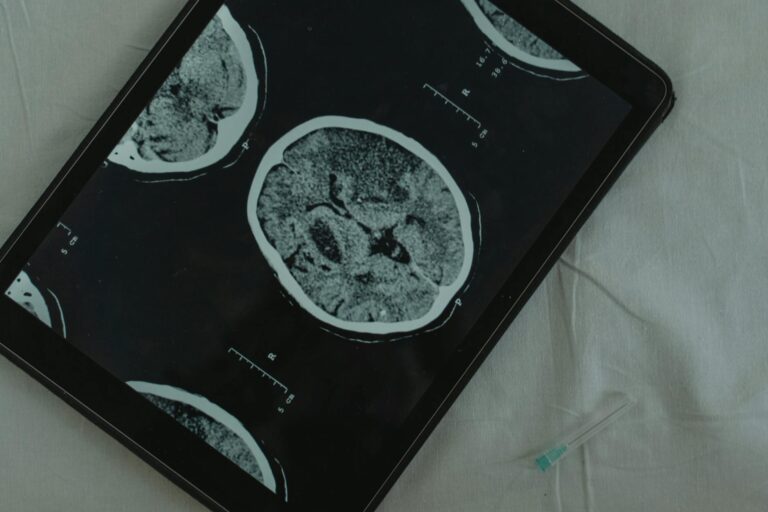Attention and concentration difficulties are common challenges faced by individuals with dementia. Dementia is a broad term that describes a decline in cognitive function, including memory loss, difficulty with communication, problem-solving, and other thinking abilities. It is not a specific disease but rather a collection of symptoms that can result from various underlying causes, such as Alzheimer’s disease, frontotemporal dementia, and vascular dementia.
### Understanding Dementia
Dementia affects different aspects of a person’s life, impacting not just memory but also behavior, language, and the ability to perform daily tasks. The progression of dementia varies depending on the type and individual factors. For instance, Alzheimer’s disease is the most common form of dementia and typically involves a gradual decline in cognitive abilities over several years. On the other hand, frontotemporal dementia often affects younger individuals and can lead to significant changes in personality and language skills.
### Attention and Concentration Challenges
Attention and concentration difficulties in dementia patients can manifest in various ways. These challenges often stem from the brain’s reduced ability to filter out distractions and focus on relevant information. Patients might find it hard to follow conversations, maintain attention during tasks, or switch between different activities. These difficulties can be exacerbated by environmental factors such as noise or changes in routine.
### Causes of Attention and Concentration Issues
The causes of attention and concentration problems in dementia are multifaceted. They can be attributed to the physical changes in the brain associated with dementia, such as the loss of neurons and the buildup of abnormal proteins. Additionally, factors like stress, fatigue, and certain medications can worsen these symptoms.
### Managing Attention and Concentration Difficulties
Managing attention and concentration difficulties in dementia patients requires a comprehensive approach. Here are some strategies that can help:
1. **Simplify Tasks**: Breaking down complex tasks into simpler steps can make them more manageable and reduce confusion.
2. **Minimize Distractions**: Creating a quiet and calm environment can help patients focus better.
3. **Use Visual Aids**: Visual reminders and cues can assist in maintaining attention and memory.
4. **Encourage Physical Activity**: Regular exercise has been shown to improve cognitive function and overall well-being.
5. **Supportive Therapy**: Cognitive behavioral therapy and other forms of psychological support can help patients cope with their symptoms and improve their quality of life.
### Conclusion
Attention and concentration difficulties are significant challenges for individuals with dementia. By understanding the nature of these challenges and implementing supportive strategies, caregivers and healthcare providers can help improve the quality of life for those affected. While there is no cure for dementia, early diagnosis and appropriate management can significantly slow the progression of symptoms and enhance overall well-being.





